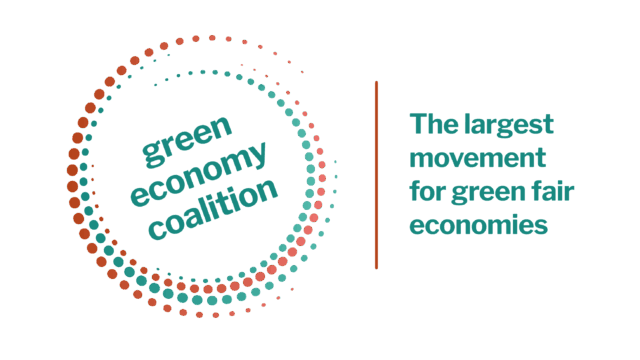50 years of the Club of Rome - what have we learned?

We are pleased to announce that “Come On! Capitalism, Short-termism, Population and the Destruction of the Planet”, a new book co-authored by Anders Wijkman and Ersnt Von Weizscker and with contributions from more than 30 members of the Club of Rome, is now available.
Written to mark the 50th Anniversary of the Club of Rome, the new book is a follow-up to the Club's famous 1972 report "The Limits to Growth", which first modeled the impossibility of infinite economic growth on a finite planet.
The Limits report remains a cornerstone of the Club’s philosophy. But new challenges must be addressed such as climate change, irresponsible financial markets, the digital economy and other disruptive technology trends, an increasingly skewed distribution of income and wealth and the crisis of democracy. In "Come On!", the authors question policy orthodoxy and conventional growth policies that threaten to crush the worthy aims of the Sustainable Development Goals.
They argue that in a world of nearly eight billion people, with resources and ecosystems under increasing strain, our concepts, social models, and economic doctrines - which originated in a world of barely one quarter the population - are no longer fit for purpose.
In the Empty World, the desire for more fish was easily satisfied through more nets and rods and fishermen. In the Full World, the desire for more fish implies very strict rules against overfishing. Note the difference? The need to radically rethink economics in this manner is one of the leading themes in Come On.
“Come On” is separated into three Parts:
- Using the latest research and data analysis to update the Limits to Growth findings, the authors present conclusive evidence that present trends in consumption and production are not sustainable. They will render the Full World dangerously vulnerable.
- Our economic growth paradigm must be overhauled. We are in need of a New Enlightenment for the Full World. Balance stands at the core of the New Enlightenment. Balance between humans and nature, between short and long term, between market forces and the rule setting state, between private consumption and public goods, between justice and rewards for excellence, between speed and stability.
- But we have to urgently act now! These chapters are full of optimism, showcasing the great range of new technologies and innovative policies that are already moving the world towards sustainability. The authors suggest policy measures aiming at bringing the positive examples into the mainstream. One basic rule is to tax the consumption of scarce natural goods and to lower tax on labour. And some novel considerations are offered for global governance and how to rein in financial markets.
The book is already a bestseller in Germany, where it launched in October. The English-language translation is being published in the UK by Springer Nature (NYC), and to mark the occasion Chatham House are hosting a panel debate involving Cameron Hepburn, Catherine Trebeck and Tim Jackson and George Monbiot (tbc).
Photo by Hanny Naibaho on Unsplash


